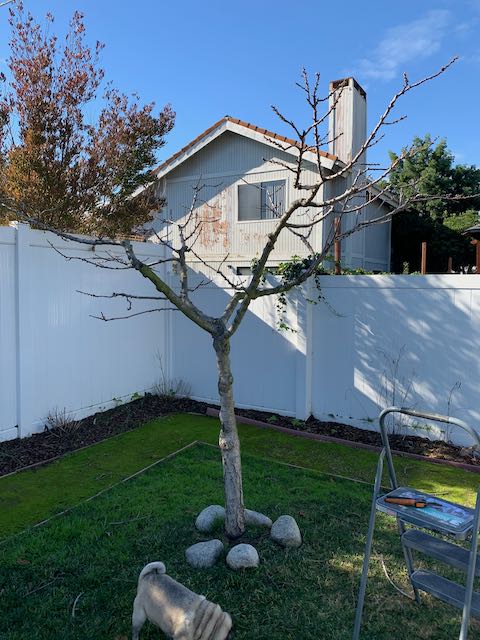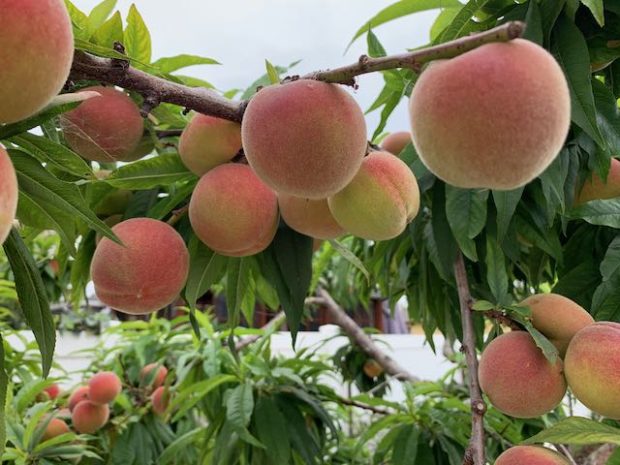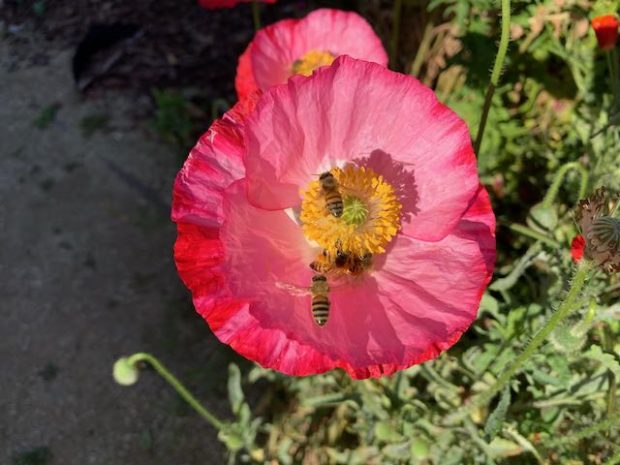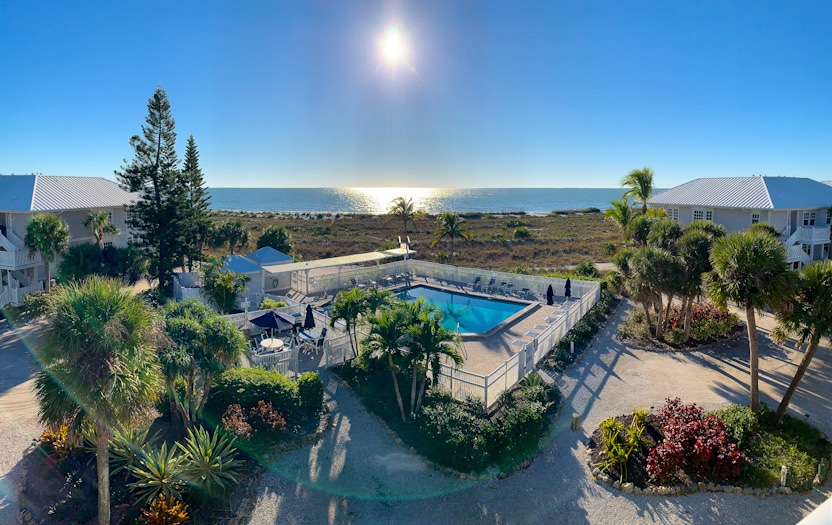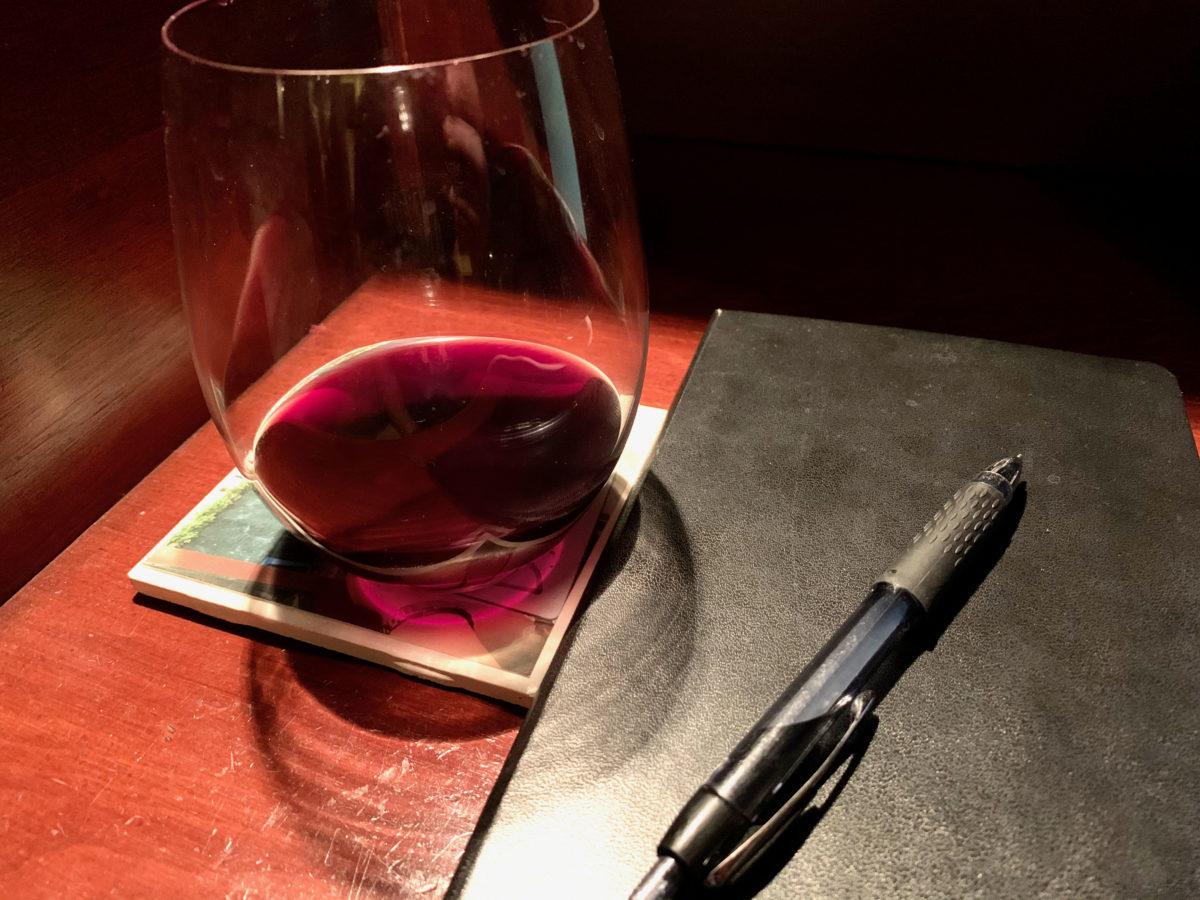In the halcyon days of blogging, the link roundup was a delight to both the writer and the reader. For the reader, it was a chance to discover something completely new. For the writer, it was easy content. So here’s something that I hope we both will enjoy, dear reader: a small selection of what has caught my attention lately.
Matt Labash on writing
“All writing is an act of vanity. Which is why so many writers are insufferable jackasses. Because writing requires you to essentially say to the world, which is constantly in motion: “I have something to say, you need to sit still and listen.”
“Don’t take yourself too seriously, but take your work very seriously. Care about the things you write about, even if they’re trifles. Because if you don’t, nobody else will.”
Source: https://mattlabash.substack.com/p/on-writing
The Atlantic on intensive parenting
“We need to normalize saying yes to prioritizing adult friendships and an adequate amount of sleep. We need to reassure one another—explicitly, publicly—that being a whole person is being a good parent.”
Source: https://www.theatlantic.com/family/archive/2022/05/intensive-helicopter-parent-anxiety/629813/
Kevin Kelly on life lessons
“Efficiency is highly overrated; Goofing off is highly underrated. Regularly scheduled sabbaths, sabbaticals, vacations, breaks, aimless walks and time off are essential for top performance of any kind. The best work ethic requires a good rest ethic.”
“Productivity is often a distraction. Don’t aim for better ways to get through your tasks as quickly as possible, rather aim for better tasks that you never want to stop doing.”
“Always read the plaque next to the monument.”
“To keep young kids behaving on a car road trip, have a bag of their favorite candy and throw a piece out the window each time they misbehave.”
“90% of everything is crap. If you think you don’t like opera, romance novels, TikTok, country music, vegan food, NFTs, keep trying to see if you can find the 10% that is not crap.”
Source: https://kk.org/thetechnium/103-bits-of-advice-i-wish-i-had-known/
